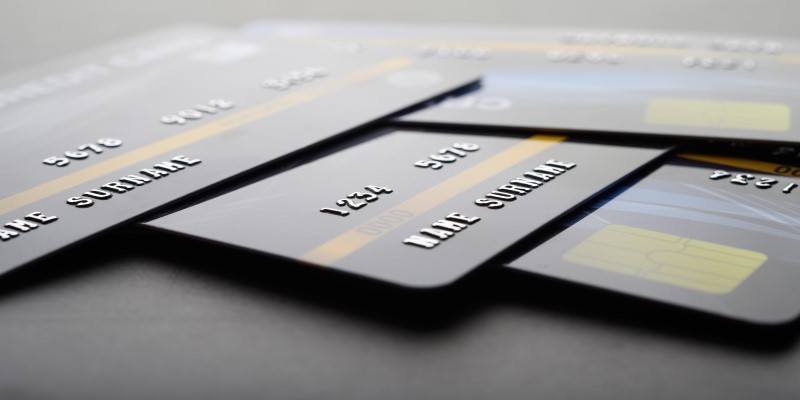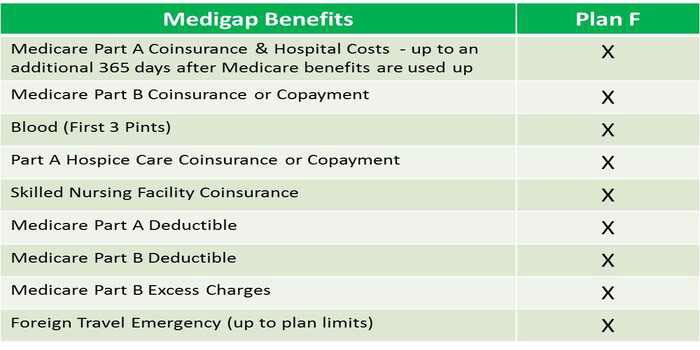Securing approval for a credit card can be challenging when you have a limited credit history or a low credit score. The First Access Credit Card caters specifically to individuals with poor or no credit. However, is it the optimal choice for your situation? Prior to applying for any credit card, it's crucial to weigh factors like interest rates, fees, and credit limits. Furthermore, assess your existing financial circumstances and ascertain if you can make timely payments and handle your credit responsibly.
In this article, we'll take a closer look at the First Access Credit Card and provide you with the information that you need to make an informed decision about whether this card is the right fit for you.
Overview of the First Access Credit Card
The First Access Credit Card is ideal for individuals with less-than-perfect credit, as it offers a chance to build or rebuild credit. It has a simple application process with less stringent approval requirements and a fast approval process. However, it comes with an annual fee, and the credit limit offered by the card is usually lower than that of other credit cards.
While the annual fee may be a concern, improving your credit score and regaining financial stability in the long run is worth considering. Moreover, consistent and timely payments can lead to credit limit increases over time. However, there are higher interest rate cards than some other credit-building cards, so carrying a balance can lead to significant finance charges. It's crucial to pay off your balance in full each month to avoid accruing unnecessary interest.
Credit Score Requirements for the First Access Credit Card
- The First Access Credit Card is for individuals with less-than-perfect credit.
- It may be accessible to those with a low credit score or a history of financial difficulties.
- The credit score requirements for this card are generally lenient, making it an attractive option for those looking to rebuild their credit or establish a credit history.
- A high-interest rate card can provide access to better credit card options with lower fees, higher credit limits, and more favorable interest rates.
- It's essential to evaluate your credit score and determine if it meets the eligibility requirements of the First Access Credit Card.
- If your credit score is higher, exploring other credit card options that offer more favorable terms may be worth exploring.

How do you apply for the First Access Credit Card?
Applying for the First Access Credit Card is a relatively simple process. Here's a step-by-step guide to help you navigate the application process:
- Visit the First Access Credit Card website or the financial institution's site offering the card.
- Locate the online application form.
- Fill out the required information, including personal details, employment information, and financial information.
- Review the terms and conditions of the card before submitting your application.
- Submit your application and wait for a decision.
- The approval process for the First Access Credit Card is often fast, and you may receive a decision within a short period. If approved, you will typically receive your card in the mail within a few business days.
It's important to note that the approval decision is based on a number o of factors, including your credit score and financial history. While the First Access Credit Card is designed for individuals with less-than-perfect credit, meeting the eligibility requirements is still necessary.
Tips for Managing Your First Access Credit Card Responsibly
Once you've been approved for the First Access Credit Card, it's essential to manage it responsibly to improve its benefits and minimize potential risks. Here are some tips to help you use your card wisely:
Make timely payments: To prevent late payment fees and adverse effects on your credit score, make sure to pay your credit card bill punctually every month. Setting up automatic payments or utilizing reminders can be helpful in ensuring that you never overlook a payment.
Pay in full: Aim to pay off your credit card balance in full each month to avoid accruing unnecessary interest charges. If you carry a balance, pay more than the low minimum payment to reduce the overall interest you'll have to pay.

Keep credit utilization low: Credit utilization pertains to the portion of your available credit that you utilize. Strive to maintain a healthy credit score by keeping your credit utilization below 30%. For instance, if your credit limit is $1,000, aim to keep your balance under $300.
Monitor your credit: Regularly check your credit report to ensure all information is accurate and up to date. Report any discrepancies or errors to the credit bureaus promptly. Monitoring your credit can help you identify any potential issues and take appropriate actions to address them.
Avoid unnecessary fees: Be mindful of the fees associated with your First Access Credit Card and take steps to avoid them. Pay your bills on time, stay within your credit limit, and manage your card responsibly to minimize unnecessary charges.
By following these tips, you can make the most of your First Access Credit Card and improve your credit score and financial stability.
Bottom Line!
The decision to apply for a credit card, including the First Access Credit Card, should not be taken lightly. It is essential to carefully evaluate your personal financial situation, credit goals, and preferences before making a decision. While the First Access Credit Card offers an opportunity to build or rebuild credit, weighing the potential benefits against the drawbacks, such as high interest rates and annual fees, is crucial.
Ultimately, the right credit card for you aligns with your financial goals, helps you achieve credit stability, and fits comfortably within your budget. By making an informed decision, you can set yourself on the path to financial success.



